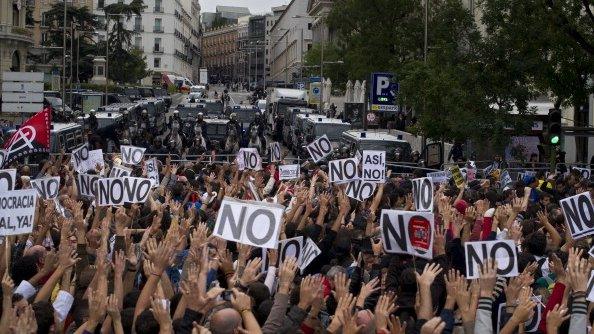Spain: Rajoy man Barcenas arrives for questioning
- Published
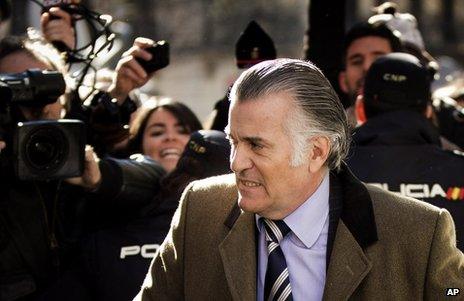
The media were out in force to capture the arrival of Mr Barcenas
A former treasurer of Spain's governing Popular Party (PP) has arrived for questioning by prosecutors in Madrid over claims of secret payments.
Luis Barcenas will be asked about documents published in El Pais newspaper that allegedly show payments to leading PP members, including Prime Minister Mariano Rajoy.
Mr Barcenas and Mr Rajoy both strongly deny any wrongdoing.
Financial markets slumped earlier this week amid worries about the claims.
State prosecutors, who received the documents from El Pais on Tuesday, are holding preliminary investigations to see if anyone has broken the law.
El Pais says Mr Barcenas wrote the documents that it published last week, describing them as the PP's "hidden accounts".
They contain lists of donations against the names of senior members of the party, including Mr Rajoy.
Denials
Mr Barcenas arrived by taxi at the anti-corruption prosecutors' office accompanied by his lawyer, Alfonso Trallero, Spanish media report.
A crowd of onlookers and journalists had gathered, and shouts of "thief!" and "where is my envelope?" could be heard.
On Saturday, Mr Rajoy went on TV to deny ever having received secret or improper payments.
Small groups of demonstrators took to the streets in Madrid, Barcelona and Seville calling on him to step down, and clashes with police took place in the capital at the weekend.
Mr Barcenas stepped down as treasurer in 2009 after being implicated in a separate corruption case known as the Gurtel scandal.
In that case, he stands accused of tax fraud and receiving illegal payments, claims he also denies.
He is due to be questioned by investigating judge Pablo Ruz about the Gurtel case on 25 February, El Pais reports.
Correspondents say the latest allegations have particularly angered the public because Mr Rajoy's government is demanding huge sacrifices from the public as the country battles recession and 25% unemployment.
The central claim is that documents published by El Pais are a list of undeclared cash "donations" linked to senior PP members.
Until 2007, Spanish political parties were allowed to receive anonymous donations.
Spain's chief prosecutor has said there could be enough evidence to investigate the allegations.
Political damage
The PP has said it will take legal action against those responsible for what it says is a smear campaign, and Mr Rajoy has promised to publish his earnings online.
Opposition leader Alfredo Perez Rubalcaba has called for him to resign, but the BBC's Tom Burridge in Spain says that, as things stand, that looks unlikely.
Political scientist Anton Losada of Santiago de Compostela University said that the prime minister would find it harder to implement austerity policies.
"There is a high political cost to pay, with a problem of legitimacy," he told AFP news agency.
"He cannot demand sacrifices and at the same time make money, especially if it is not legal."
According to Ferran Requejo, a political scientist at Barcelona's Pompeu Fabra University, Mr Rajoy would now struggle to be taken seriously in the eurozone.
"An accusation of corruption in a governing party is a serious accusation," he told AFP news agency.
"He is not going to be listened to the slightest bit by the European institutions."
- Published1 August 2013
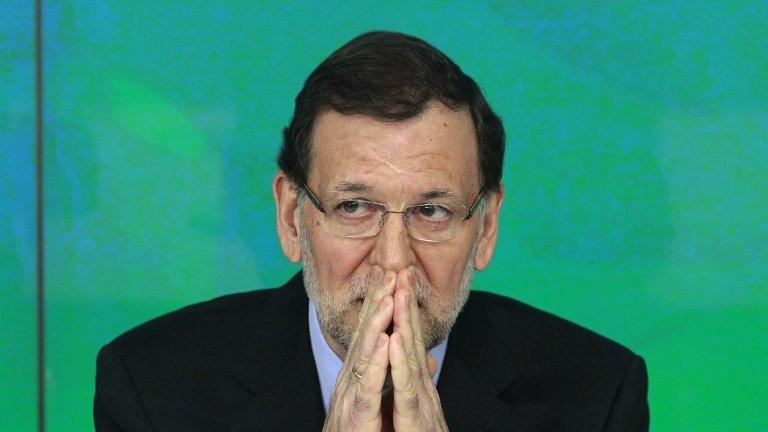
- Published4 February 2013
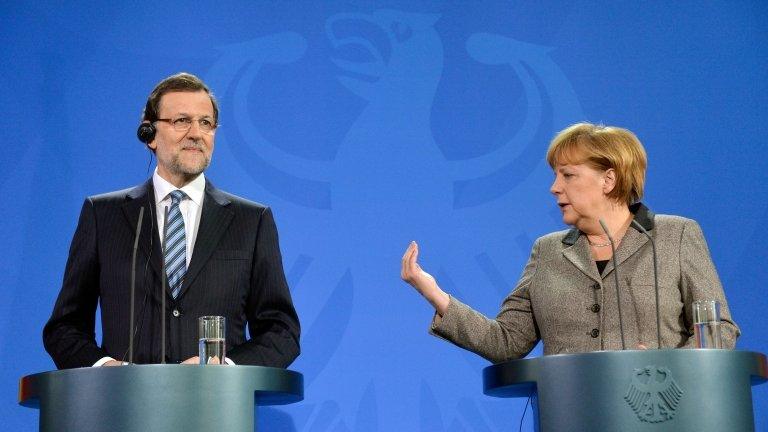
- Published1 June 2018
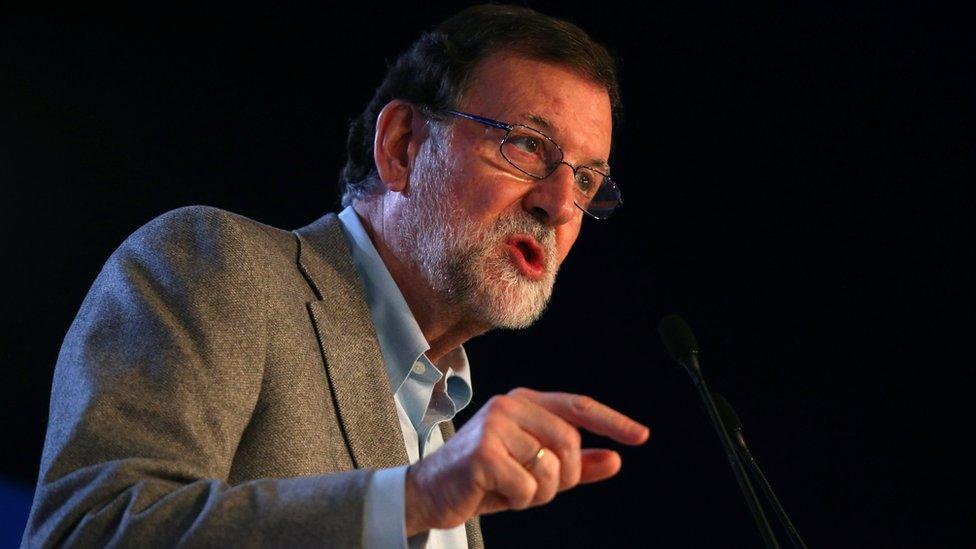
- Published30 January 2013
